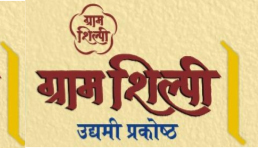
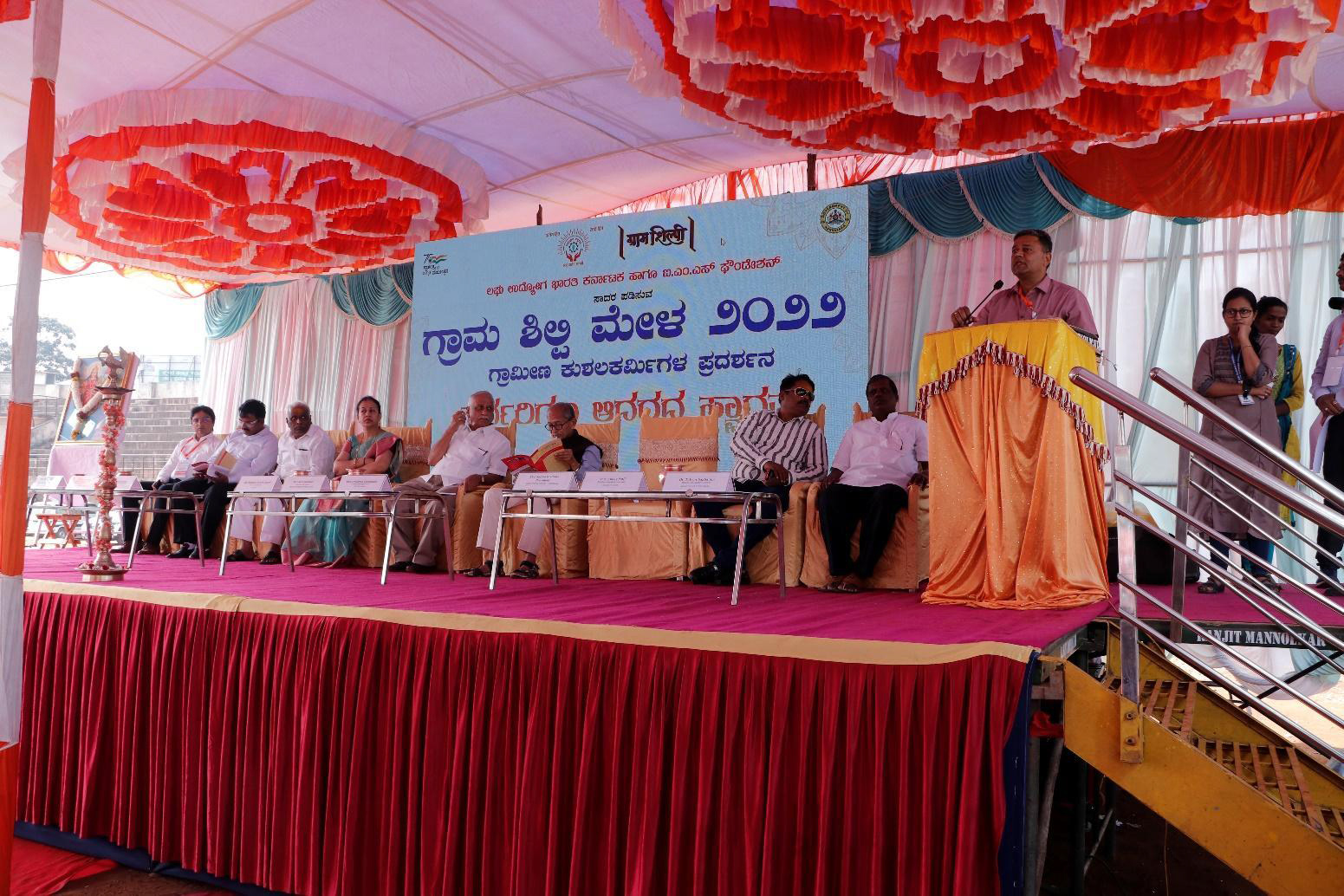
It is an acknowledged fact that India is home to the finest arts and artistic heritage right
from the ancient times, as people are deeply entrenched in cultural and traditional
values. Every village is home to some unique artistic expression like toys, pottery,
paintings, brass works, silk weaving, et al… which are geographically indexed,
recognised and valued since ages. The art forms are usually passed on by the elders to
the next generation and that gets carried forward seamlessly by the current folks.
However, of late we have experienced that several of our highly valued art forms are
gradually vanishing from our village landscape as the new generation is progressively
but surely moving away from being engaged in conserving our rich heritage values due
to various socio-economic reasons and also strong lack of proper encouragement to
keep the art form alive.
In this backdrop, IMS Foundation with the support of Laghu Udyog Bharati-Karnataka
under the National banner Grama Shilpi Prakosta has initiated various programmes to
support rural based artisans and promotion their products in the state.
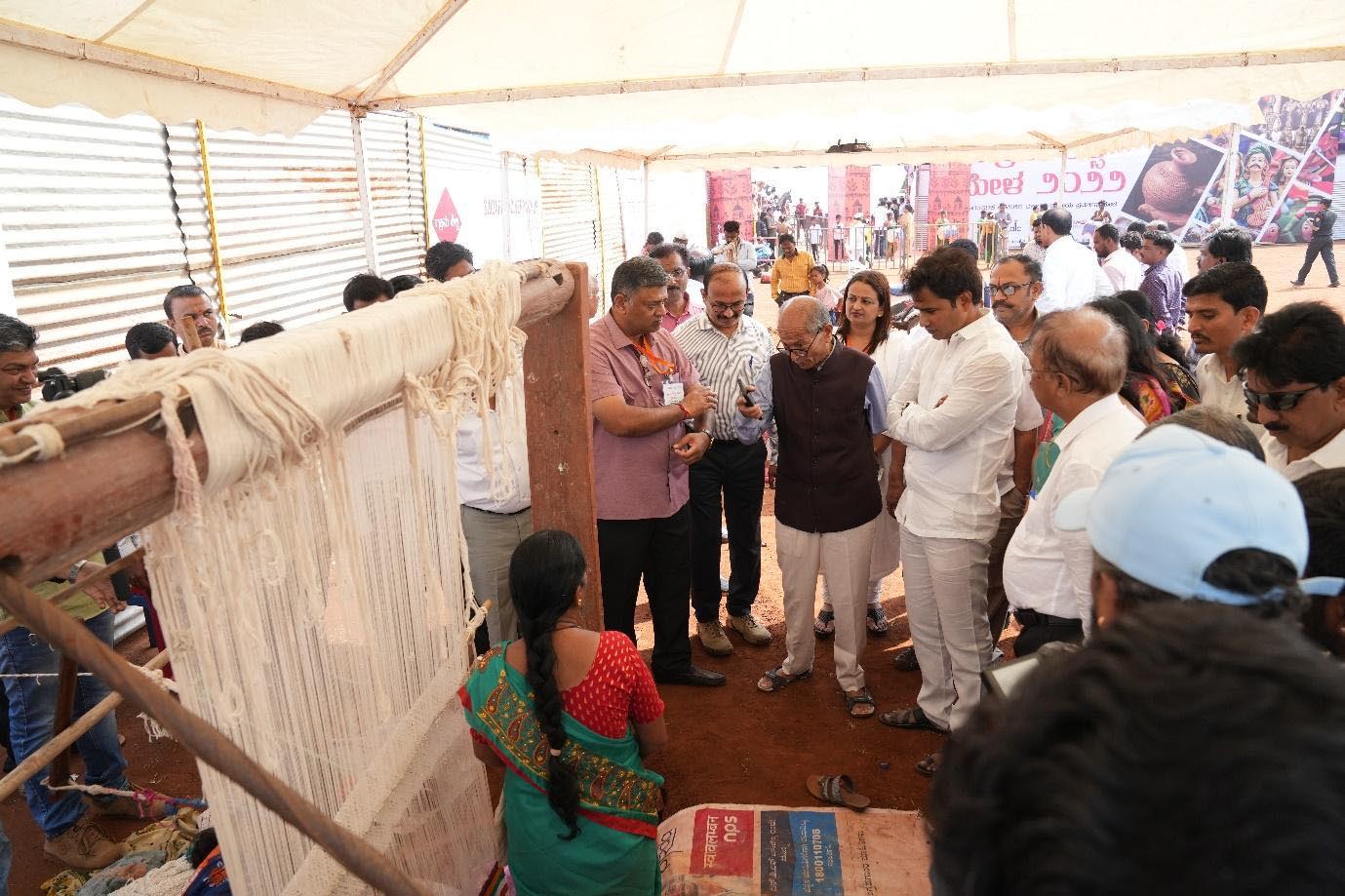
Apart from handlooms (Ilkal Sarees, Molakalmur Sarees, Rabakavi-Banahatti Cotton
Sarees, Khan Materials, Mahalingapur towels, etc), Karnataka is historically renowned
for its exclusive Dharwad - Navalgund Carpets, Kalghatagi wooden art, Ranebennur –
Pure Woollen Kambalis (Blankets), Bidar - Silver Filigree, Koppal – Kinnal toys,
Channapatna wooden toys, etc.
In association with IMS Foundation, LUB-K has been hosting various programmes at
these GI indexed regions and rope in the NexGen also to get actively involved in keep
this art alive.
Karnataka is traditionally renowned for its woven handloom and handicraft eco-friendly
products. Each district of Karnataka manufactures an exclusive hand-crafted article
using locally available and natural resources not only to cater to the local needs but also
to decorate interiors and exteriors for the masses.
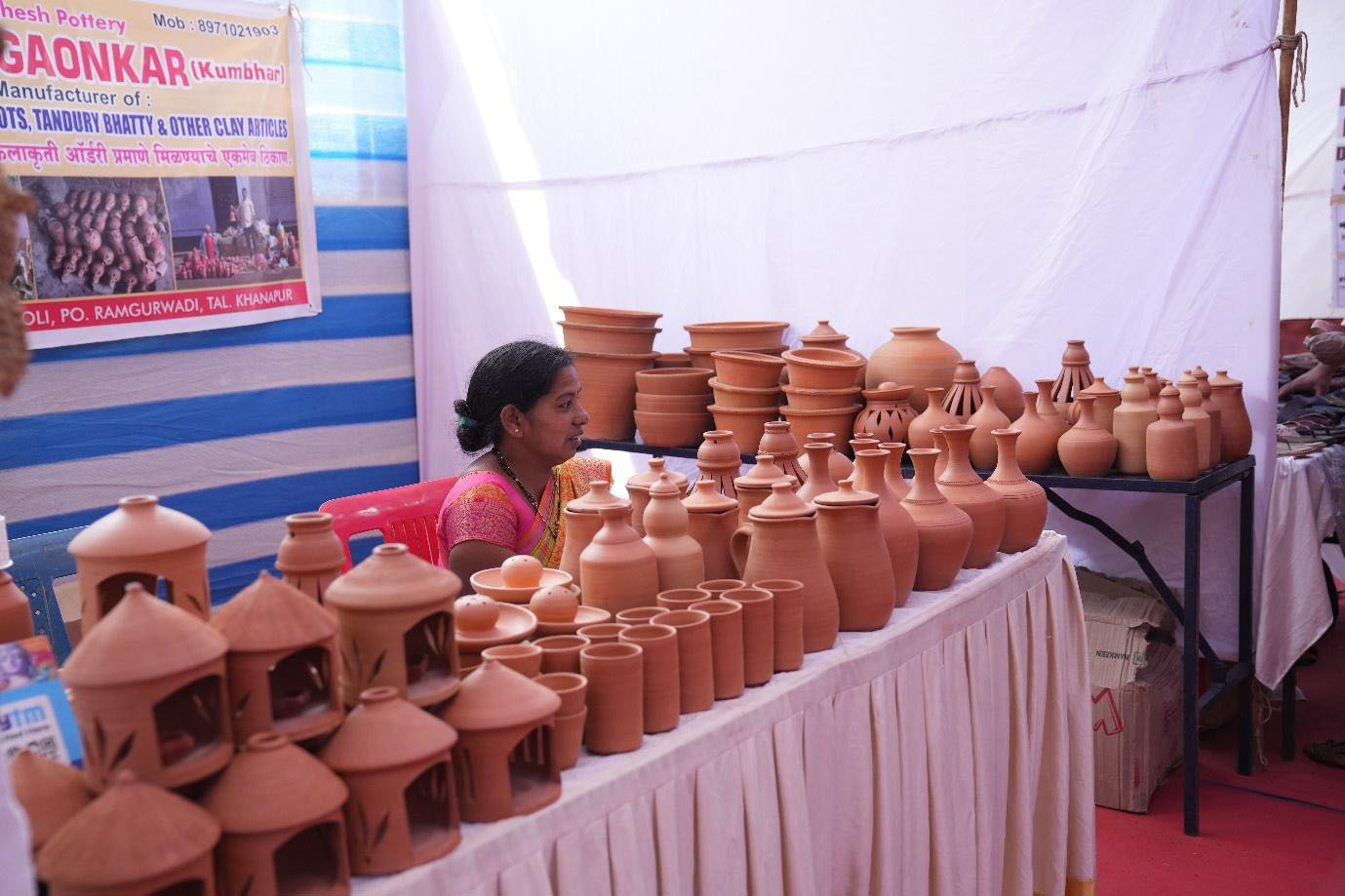
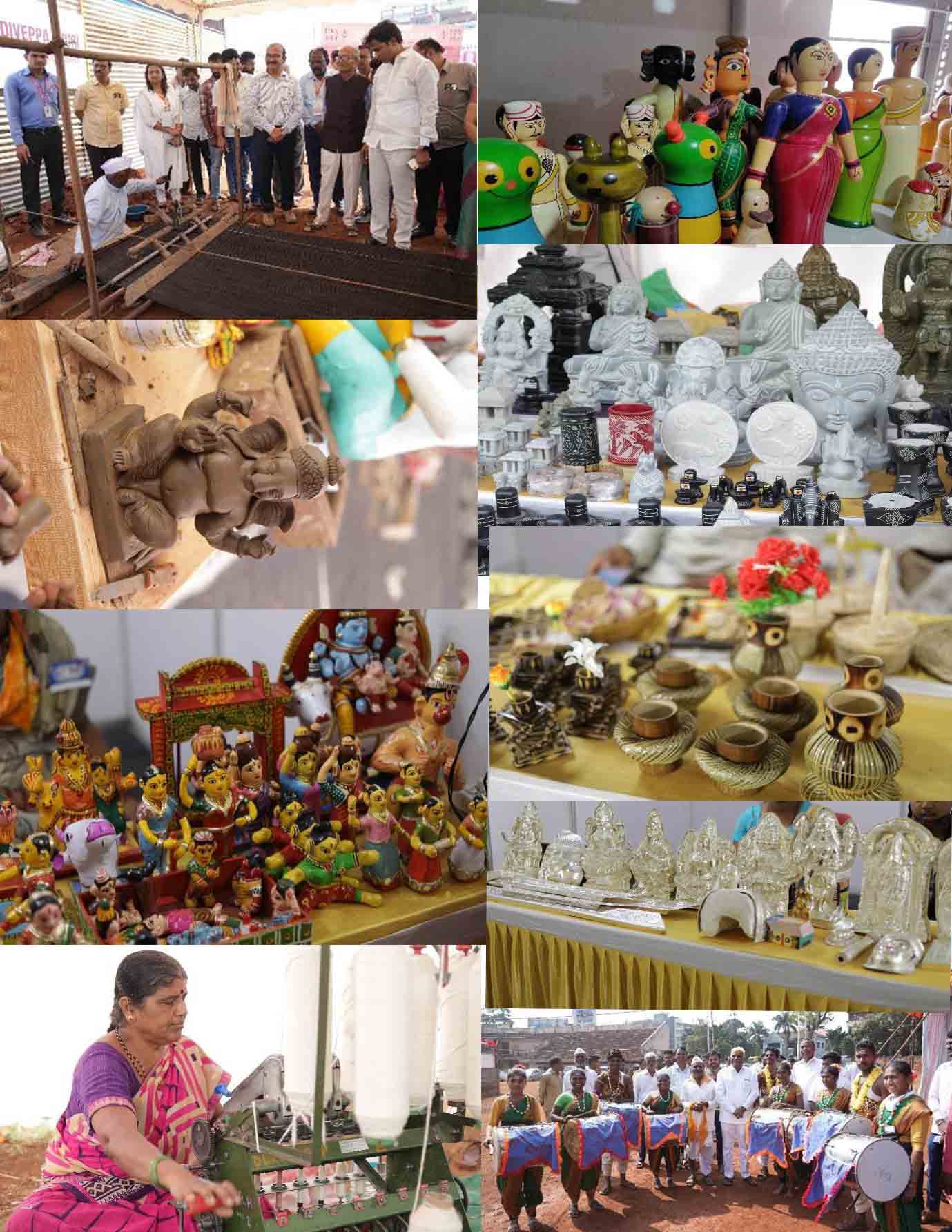
Agriculture is the primary source of livelihood for more than half of Indian population. Gross Value Added by agriculture, forestry, and fishing was estimated at Rs. 19.48 lakh crore in FY20.
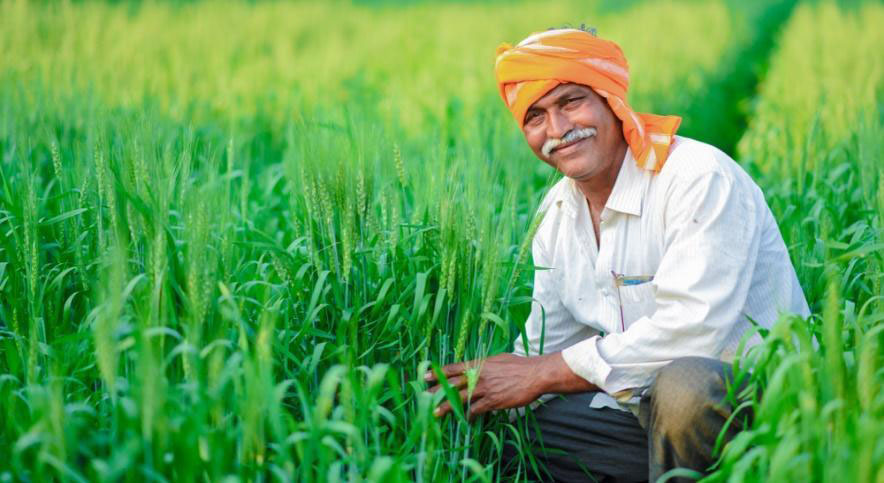
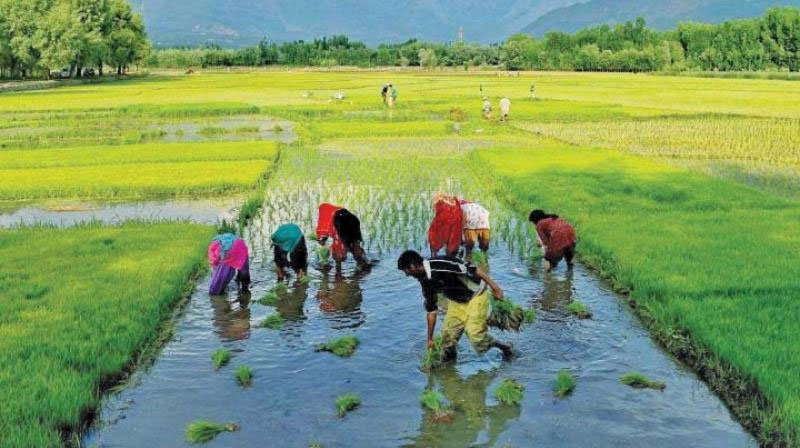
India is blessed with large cultivable land with 15 agro-climatic zones as defined by ICAR, having
almost all types of weather conditions, soil types and capable of growing a variety of crops. Future of
agriculture is a very important question for the planners and all other stakeholders.
Government and other organisations are trying to address the key challenges of agriculture
in India, including small holdings of farmers, primary and secondary processing, supply
chains, infrastructure supporting the efficient use of resources and marketing, reducing
intermediaries in the market. There is a need to work on cost-effective technologies
with environmental protection and on preserving our natural resources.
India is expected to achieve the ambitious goal of doubling its farm income by 2022. The
agriculture sector in India is expected to generate better momentum in the next few
years due to increased investment in agricultural infrastructure such as irrigation
facilities, warehousing and cold storage.
Furthermore, other than organic farming, the increasing use of genetically modified
crops would likely improve the yield of farmers.
Making healthcare innovative in its affordability and accessibility, a biggest challenge world continues to face. Coupled with access to information and technology,
improvement in healthcare policies and re-organizing healthcare delivery systems to
address basic aspects like cleanliness and hygiene in achieving Universal Health
Coverage (UHC).


Further, through social entrepreneurship, access and traction to healthcare insurance, financing of
healthcare services, building healthcare repositories and adoption of innovative business
models to tackle healthcare needs. Again, skilling or developing healthcare resources
is the biggest challenge as well as an opportunity worldwide. In addition, promoting strategic
partnerships amongst pharmaceutical establishments and framing proper regulations
and monitoring of compliance across pharma industries, etc. is equally necessary.
India’s healthcare industry is a panacea of sorts and a whole lot of factors provide a
strong foothold for more investment in the sector in the years ahead. The transaction
value of investment has jumped to over 13.5 times. This has already strengthened the
country’s perception as an attractive investment destination. The future looks bright
and the well-being of India’s people is somewhat secured. In this backdrop, the
country’s progress will hinge on its healthcare sector which is witnessing a significant
traction across all frontiers.
In India, more than half the population resides in rural areas where the cow is the major
cattle and generates 9-15 kg dung/day. Although cow dung is being utilized in multiple
ways in villages for plastering of walls, cooking, mosquito repellent, etc., cow dung can
be utilized to produce biogas and manure.
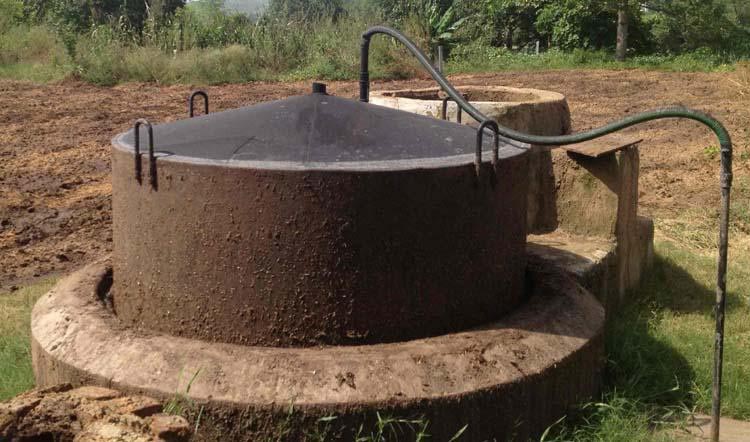
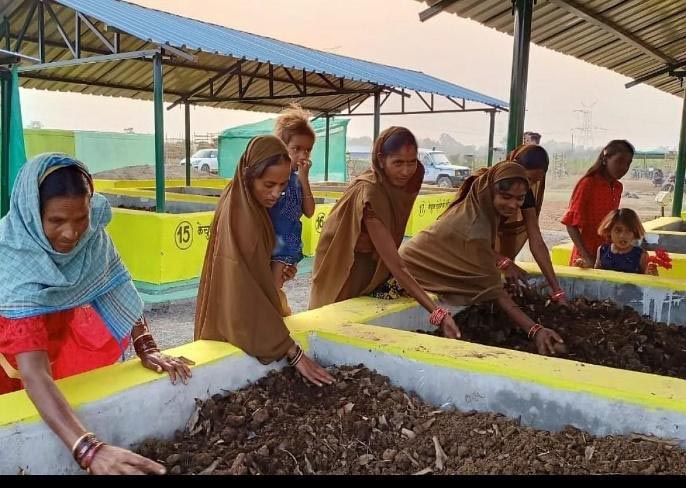
India is an ideal environment for Biomass production given its tropical
location and abundant sunshine and rains. The country's vast agricultural
potential provides huge agro-residues that can be used to meet energy needs,
both in heat and power applications. According to IREDA "Biomass is capable
of supplementing the coal to the tune of
about 260 million tonnes", "saving of
about Rs. 250 billion, every year."
IMS Foundation along with Madhurima Foundation has the vision
to set up a biogas plant and functionalize it in a way that the
village becomes self-sufficient in terms of energy and manure. The
major player will be cow dung and the plant which will ensure the
development of the village and enhance their standard of living. The
project is targeted towards –
Although the government has introduced multiple health programs, National Health
Mission, and established around 29,000 PHCs in the country, however, majority of PHCs
lack manpower and infrastructure. There are areas beyond the reach of these programs
and people do not have access to basic health infrastructure and services.
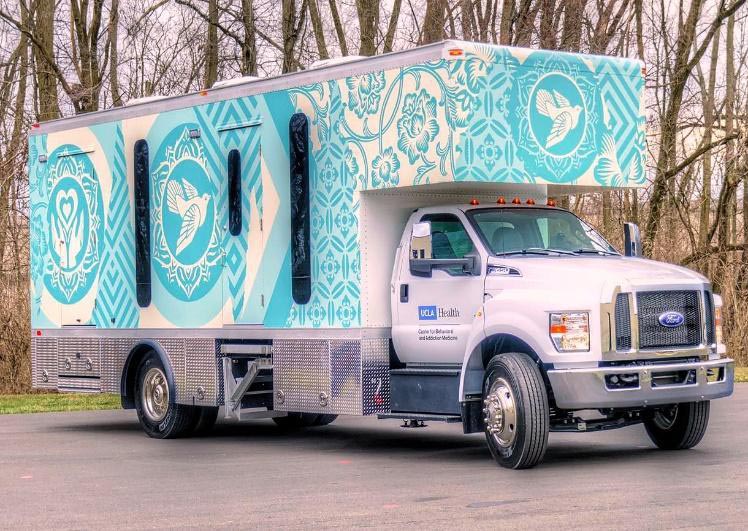
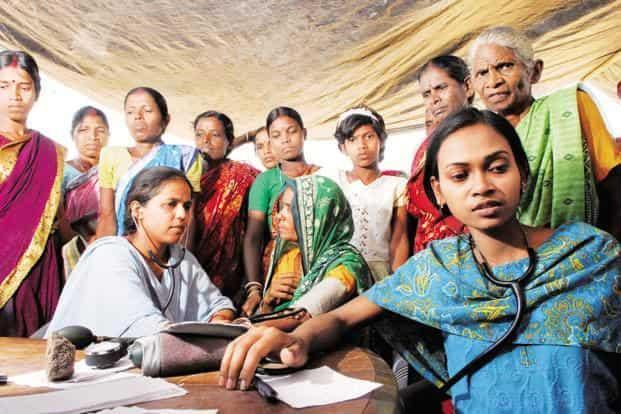
Diabetes, and visual impairment (commonly known as blindness) are
diseases that need attention and care in India.
Accordingly, IMS Foundation in
collaboration with Madhurima
Foundation has initiated the program
for doorstep health screening of basic
health parameters with special focus
on Diabetes and visual impairment. The project is aimed to –
Similarly, IMS Foundation has started another initiative to support healthcare system in rural regions called Clinic on Wheels.
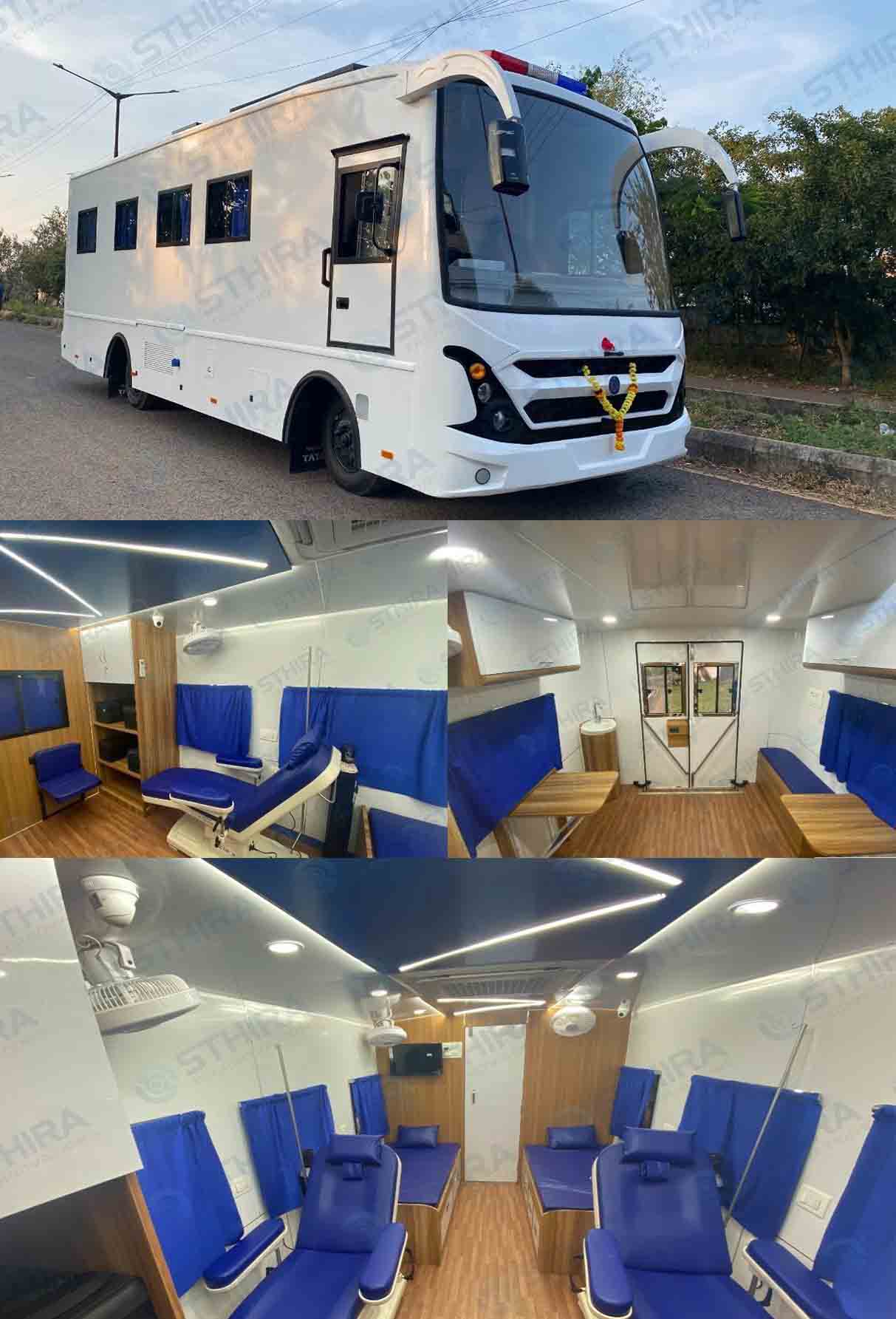
The pandemic has taught us the importance of healthcare awareness and the deficiency
that exist in our health ecosystem. Health literacy is critical for the empowerment of
communities and the growth of the country as a whole. In India, at least nine out of 10
adults suffer from low health
literacy which increases the
cost of emergency and
hospitalization. Thus, it is
important that people are
educated on various health
aspects.

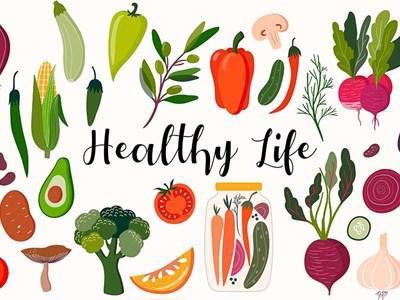
IMS Foundation and
Madhurima Foundation are coming up with a health awareness initiative named “Health
Coach” in order to rejuvenate the health system by making every citizen health literate.
The project will be focused towards –